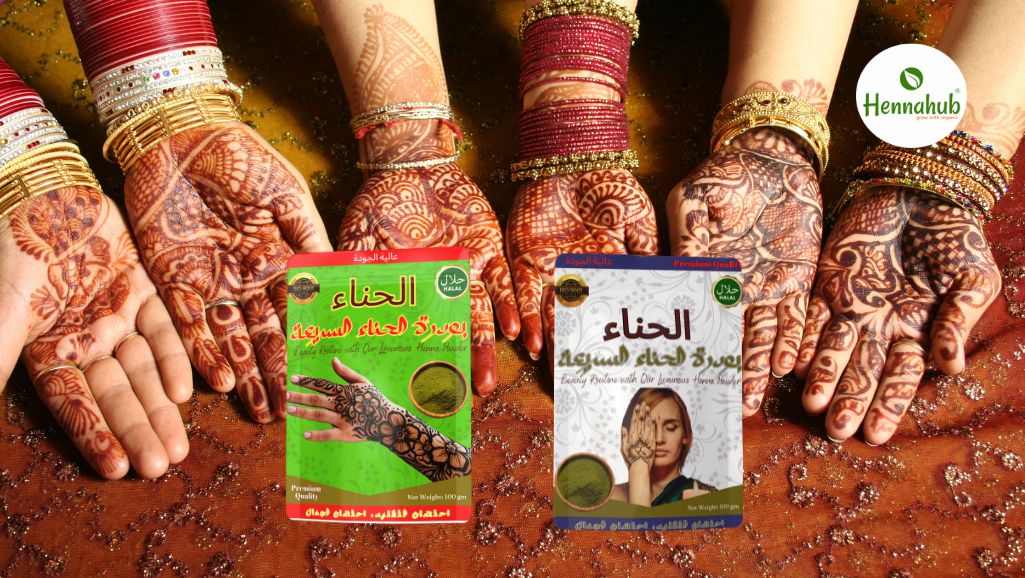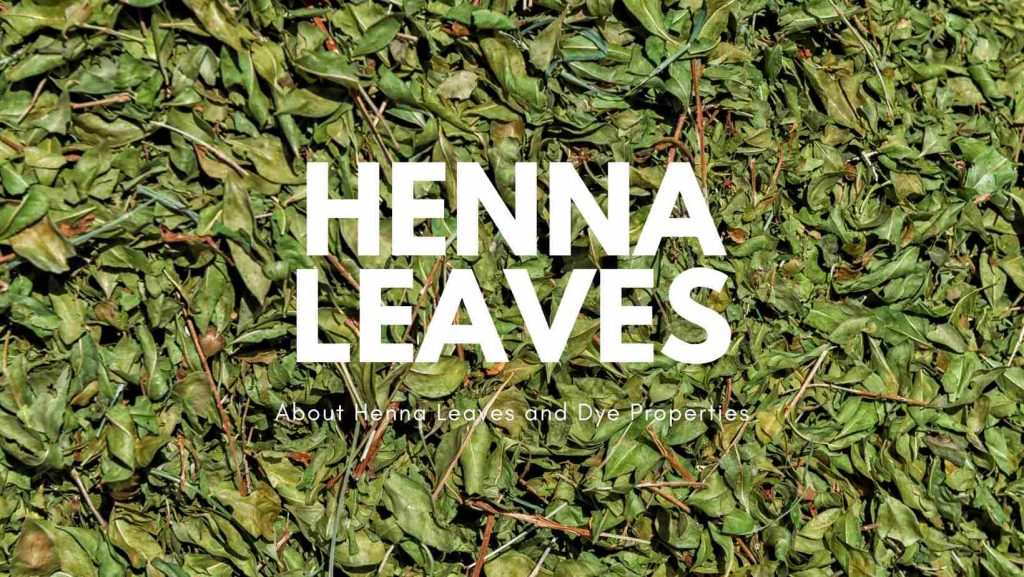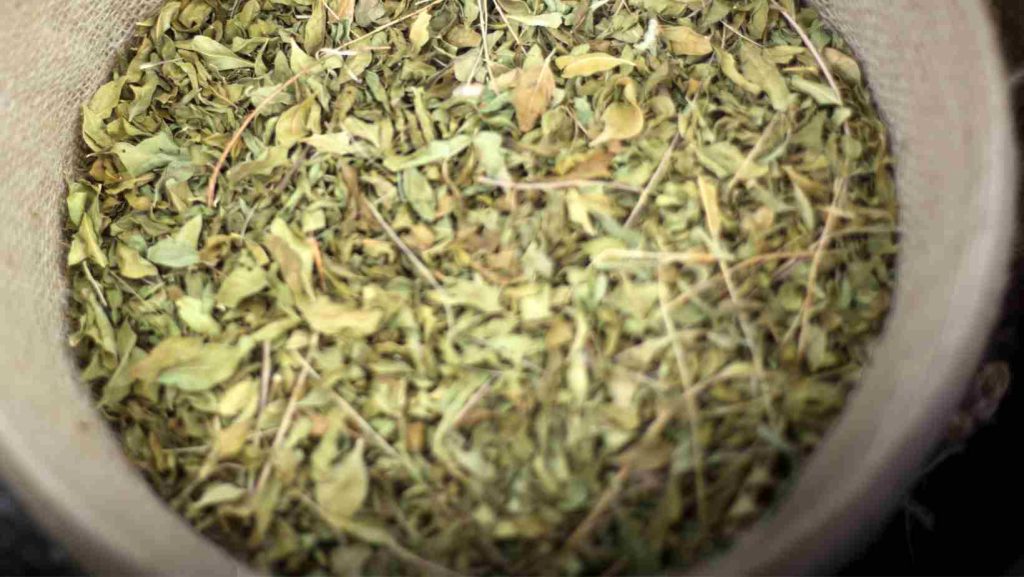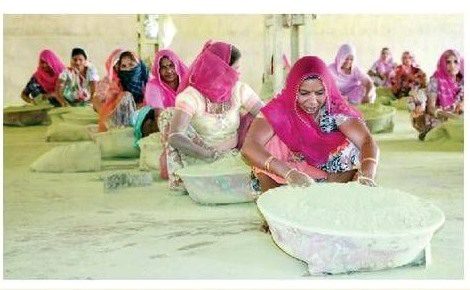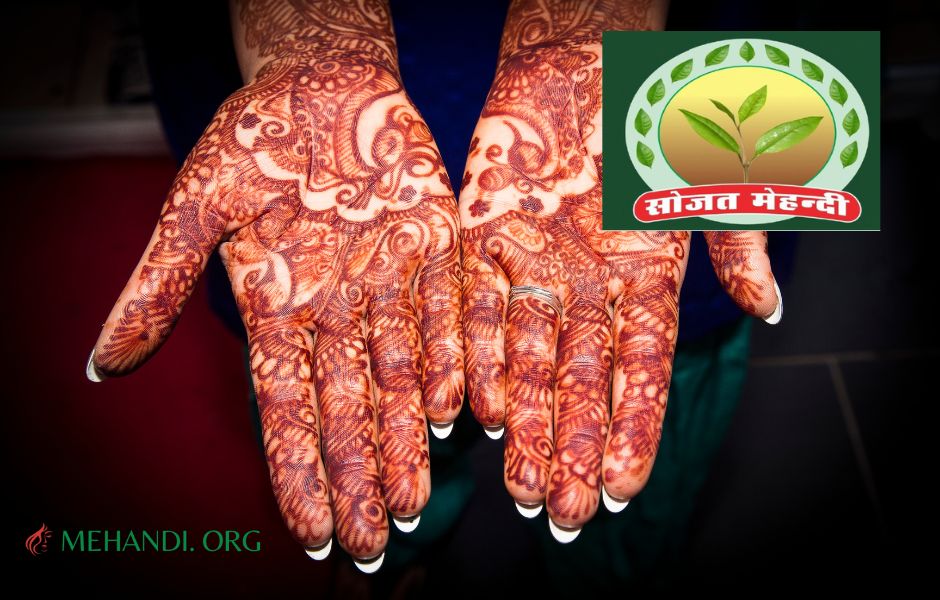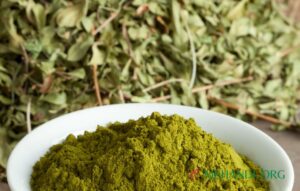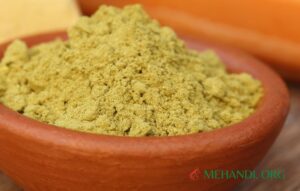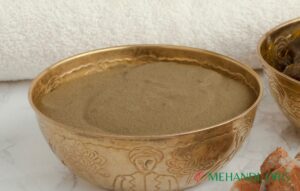Understanding International Regulations and Standards for Exporting Henna Hair Products.
Introduction
When stepping into the global market with henna hair products, it’s crucial to have a good grasp of the various international regulations and standards that govern exporting these items. Whether you’re an established business or a budding entrepreneur, understanding these guidelines can pave the way for smoother business operations and enhanced market reach. This guide will delve into the key aspects of compliance and provide actionable insights to help ensure your henna products move across borders without a hitch. Let’s demystify the complex landscape of international export regulations to make your venture not just compliant but also competitive.

The Importance of International Regulations for Exporting Henna Hair Products
Overview of International Regulations
When exporting henna hair products, businesses must navigate a complex array of international regulations designed to ensure product safety, quality, and environmental sustainability. These regulations vary significantly from one country to another but generally cover aspects such as ingredient safety, labeling, and product testing. Understanding these rules is crucial as non-compliance can lead to hefty fines, product recalls, or bans from lucrative markets. Additionally, adhering to international standards can enhance the brand’s reputation and consumer trust globally.
Importance of Compliance
Complying with international regulations is not just about avoiding legal hurdles; it’s about respecting the health and safety of consumers and the environment. Products that comply with stringent international standards are often perceived as premium, potentially attracting a larger customer base. Moreover, adherence to these regulations assures business continuity and reduces the risk of unexpected costs associated with non-compliance. Compliance is, therefore, fundamental to successful international business operations and maintaining a company’s integrity in foreign markets.
Understanding Regulatory Requirements for Exporting Henna Hair Products
Labeling Regulations
Labeling requirements are a critical aspect of regulatory compliance for exporting henna hair products. Exporters must ensure that their products’ labels provide accurate information on ingredients, usage instructions, and any safety warnings in the language of the importing country. Labels might also need to display the country of origin, expiration dates, and batch numbers. Furthermore, depending on the destination, labels might need to comply with specific font size, color, and placement rules to ensure visibility and readability.
Ingredient Restrictions
Each country may have its list of prohibited or restricted substances that cannot be included in henna hair products. For instance, some countries ban certain chemicals that might be deemed safe elsewhere due to varying research standards or health safety guidelines. It is essential for exporters to meticulously verify that their formulations comply with the destination country’s regulations to avoid penalties and protect consumer safety.
Certification and Documentation
Proper certification and documentation are vital for smoothing the customs clearance process and verifying compliance with local standards. This often involves obtaining health and safety certifications, free sale certificates, and sometimes organic or natural product certifications, depending on the market demands. Exporters must also be prepared to provide detailed documentation including product formulas, manufacturing process information, and quality control records. Establishing a robust system to manage and track this paperwork can save time and prevent issues during the export process, ensuring that shipments meet all legal requirements smoothly and efficiently.

Safety Standards for Exporting Henna Hair Products
Henna hair products, known for their natural dying properties, must adhere to stringent international safety standards to ensure they are safe and efficacious for global use. These standards help in maintaining the integrity and safety of henna hair products, ensuring consumer trust and regulatory compliance.
Health and Safety Guidelines
To protect consumer health, international health and safety guidelines mandate rigorous checks for henna hair products. These guidelines often include ensuring the products are free from harmful additives and contaminations such as heavy metals or synthetic dyes not declared on the label. Exporters must fully disclose ingredients and provide safety data sheets that detail the handling, storage, and disposal of henna products. Compliance with these guidelines not only ensures safety but also helps in building a reputable brand internationally.
Quality Control Measures
Quality control is crucial for maintaining the standard of exported henna hair products. Exporters must implement robust quality control measures including sourcing raw materials from reliable suppliers, regular inspections, and adhering to good manufacturing practices (GMP). Products should also meet the quality standards of both the exporting and importing countries. Consistent texture, color, and packaging integrity are key factors evaluated during quality assessments.

Product Testing Requirements
Before entering the international market, henna hair products undergo numerous tests to meet safety standards. This includes dermatological testing to ensure no adverse skin reactions and efficacy testing to verify that the product performs as intended. Stability tests to determine shelf life and exposure tests to assess the effects of varying climatic conditions are also common. These tests can be costly and time-consuming but are essential for maintaining compliance and consumer confidence.
Challenges Faced by Exporters in Meeting International Standards
 Image courtesy: Pexels
Image courtesy: Pexels
Navigating international markets can present myriad challenges for exporters of henna hair products, from cultural nuances to legal hurdles.
Cultural Considerations
Understanding and respecting cultural differences is vital. In some cultures, certain ingredients or application methods may be preferable or taboo. Exporters must be aware of such preferences and possibly adapt their products to cater to regional demands while still maintaining compliance with international standards.
Language Barriers
Effective communication is key to successful international trading. Language differences can lead to misunderstandings regarding labels, instructions, and safety warnings. It is crucial for exporters to ensure all packaging, marketing, and documentation is accurately translated and comply with the linguistic needs of the target market to avoid miscommunication and legal issues.
Differences in Regulatory Frameworks
Different countries may have varying requirements for health and safety, making compliance a complex process. What is permissible in one country may be prohibited in another. Exporters must have a deep understanding of these regulatory landscapes to navigate them effectively. This often requires working with local agents or consultants who specialize in the regulatory requirements of their respective markets, ensuring all legal obligations are met and maintained.
Strategies for Ensuring Compliance with International Regulations
Navigating the complex maze of international regulations for exporting henna hair products requires a solid strategy. Ensuring compliance not only helps in avoiding legal pitfalls but also builds trust with customers and business partners globally.
Working with Regulatory Consultants
One effective method to ensure compliance is by engaging with regulatory consultants who specialize in the beauty and personal care industry. These professionals offer a wealth of knowledge regarding international standards and can provide guidance tailored to your specific needs. They help in interpreting regulations that might be complex and vary significantly from country to country. Consultants can assist with everything from ingredient compliance and labeling to obtaining necessary certifications and handling customs procedures. By leveraging their expertise, companies can navigate regulatory hurdles more smoothly and focus on expanding their market reach.
Staying Updated on Changes in Regulations
Regulatory landscapes are dynamic, with frequent updates and changes that can impact the way henna hair products are marketed and exported. Companies must stay informed about these changes to remain compliant. This can be achieved by:
– Subscribing to newsletters from regulatory bodies and industry organizations.
– Attending trade shows, seminars, and workshops focused on regulatory affairs.
– Participating in industry forums and online communities where updates and strategies are discussed.
Consistently monitoring these changes helps companies adapt their export strategies timely and efficiently.
Establishing Strong Supplier Relationships
Strong relationships with suppliers are critical to ensuring the quality and compliance of the raw materials used in henna hair products. It’s crucial to choose suppliers who adhere strictly to international standards themselves and can provide transparent documentation of their supply chains and product testing. Regular audits and visits to supplier facilities strengthen these relationships and ensure ongoing compliance, which is essential for maintaining quality and trust in international markets.
Case Studies: Successful Exporting of Henna Hair Products
Exploring real-world examples can provide valuable insights into the practical aspects of navigating international regulations in the henna hair product market.
Company A’s Journey to Compliance
Company A, a prominent henna hair product manufacturer, faced significant hurdles initially in aligning their products with international regulatory standards. Their journey to compliance included overhauling their supply chain, partnering with a team of skilled regulatory consultants, and implementing rigorous in-house testing. They focused heavily on ensuring that every batch of henna powder met stringent purity and safety standards. Their commitment to compliance paid off, opening doors to multiple international markets and establishing a strong brand reputation globally.
Best Practices from Industry Leaders
Several industry leaders have set benchmarks in exporting henna hair products compliantly. Key practices include:
– Transparent labeling that adheres to the specific language and content requirements of each target country.
– Obtaining relevant certifications, such as ISO and GMP, which reassure international buyers about product quality.
– Investing in technology that enhances traceability, allowing companies to track their product journey from raw material to finished goods.
These case studies and best practices highlight the critical importance of a proactive and informed approach to compliance in the global market for henna hair products. By learning from successful exporters, businesses can better navigate the complexities of international regulations and thrive in competitive markets.
Conclusion: Navigating the Complex World of International Regulations for Exporting Henna Hair Products
Stepping into the international market with henna hair products is no small feat given the maze of regulations and standards that must be adhered to. However, by being well-prepared and informed about the necessary international regulations and standards, businesses can navigate through these complexities more smoothly. It’s essential to conduct thorough research, consult with experts, and remain updated on any changes in regulations to ensure compliance and avoid potential legal issues. By focusing on quality control and understanding diverse market needs, your henna products can successfully reach global customers, broadening your market and boosting your brand reputation globally. Understanding and complying with international guidelines not only ensures legal safety but also builds trust with international customers, setting the stage for a successful global business venture.
The Ultimate Guide to International Regulations for Exporting Henna Hair Products
Navigate the complex world of international regulations for exporting henna hair products with our comprehensive guide.Curious about exporting henna hair products internationally? 🌍✈️ Dive into our latest blog exploring the ins and outs of international regulations and standards you need to know! From compliance to regulatory requirements, we’ve got you covered. Don’t miss out – click the link to learn more! #HennaHairProducts #Exporting #InternationalRegulations #Compliance #Standards #HairColorExport 💡📦📑 Check it out here: [insert link]









